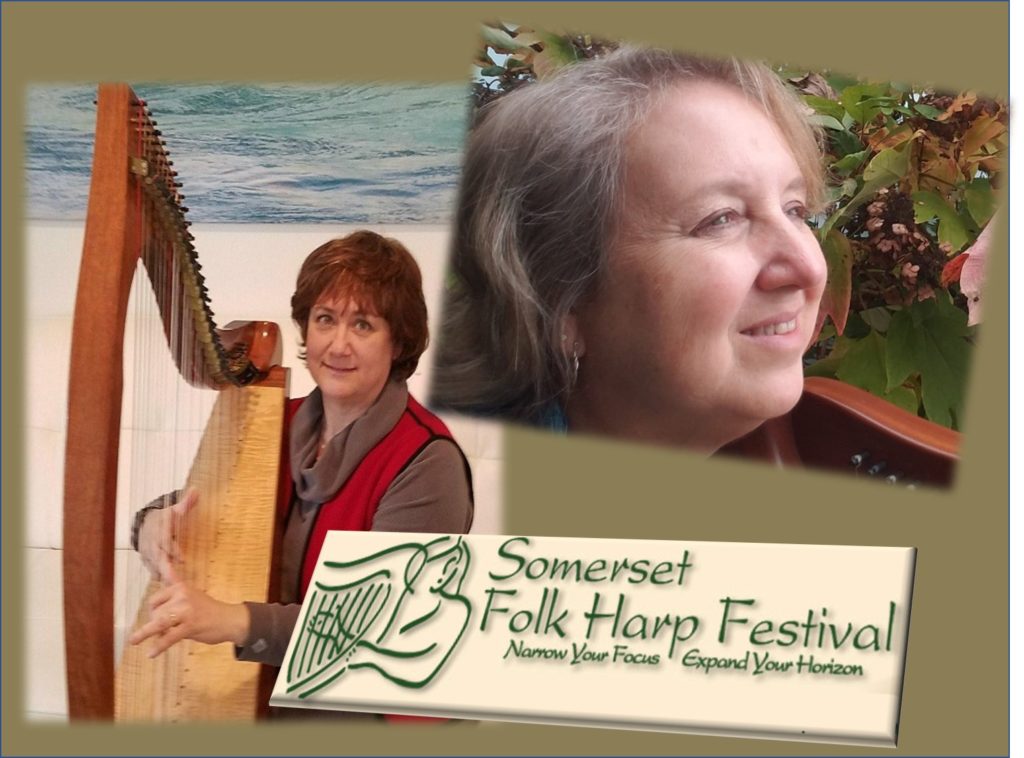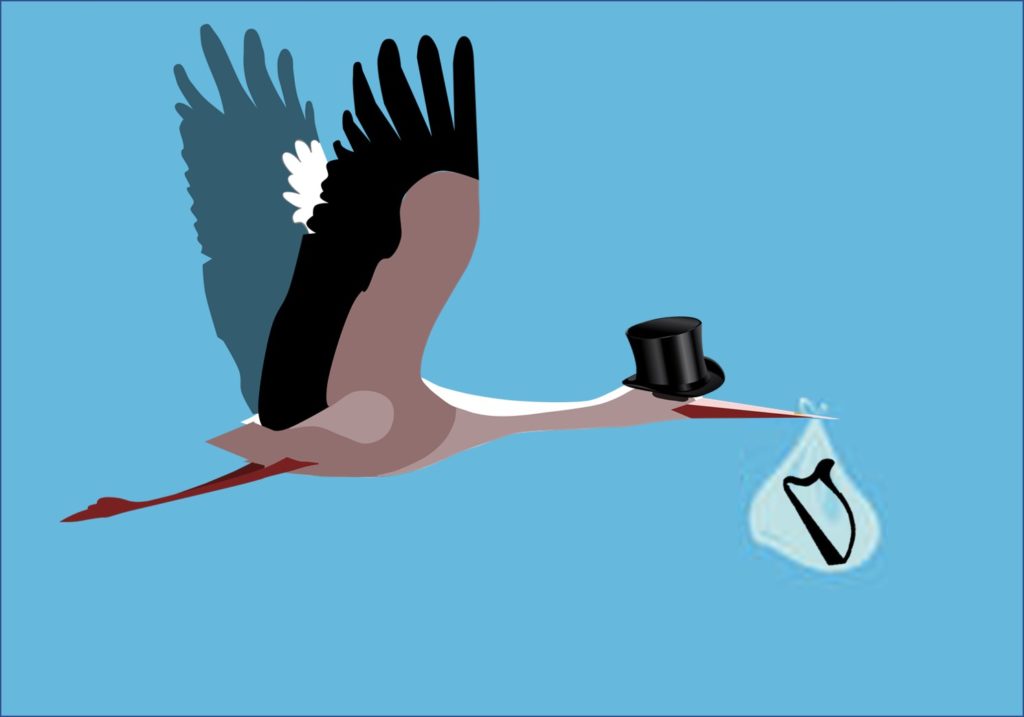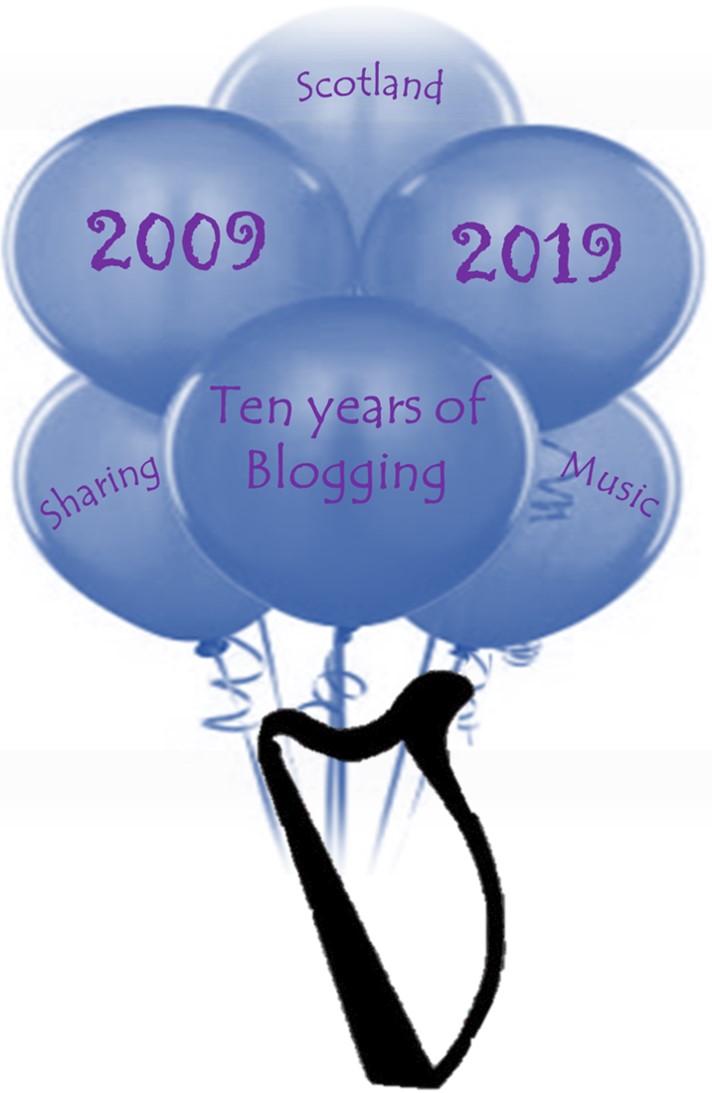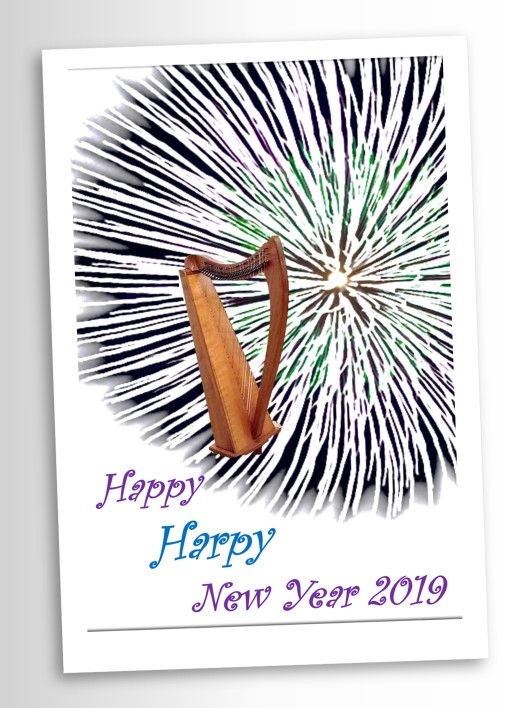Like you, I have a schedule which often defies description. And I don’t know about you, but one thing my schedule lacks is consistency. Not only is every day of the week different, every day is different – this Wednesday will look completely different than next Wednesday. And sometimes, despite meticulous planning, I have no idea what happened – some random thing changed the whole shape of my day.
You’d think I’d be used to it by now, and yet each and every time I remain amazed and a little irritated that nothing has gone to plan. This is exasperating and impacts all the activities of the day. One activity that almost always gets impacted (in a bad way) is practice time.
Having the day “eat” the time for practice is almost as annoying as the day changing when you had already planned for it to change on you. Mostly this annoyance arises from having gone all day and still not making any progress. With no regular practice time, you’ll find that you don’t learn a lot of new tunes. You don’t feel confident in the tunes you have. And you don’t have the time to be creative either!
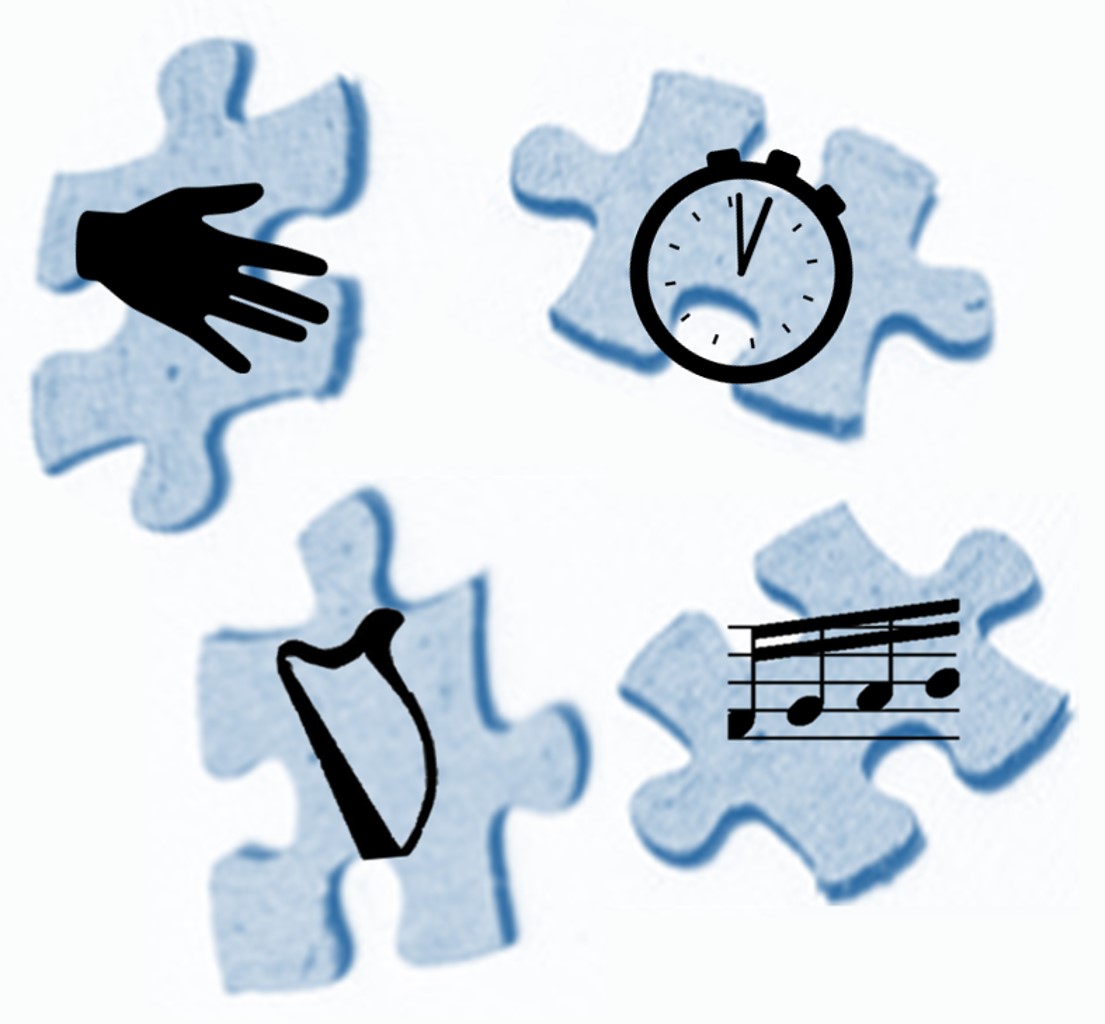 For a long while I would let it slide. I would try harder to get to practice the next day. I would get up early. I’d stay up late. I would practice for a long time on an “open” day but then miss three days in a row. Lather, rinse, repeat and pretty soon you’re not ready for any events. Worse – even your go-to tunes start to suffer.
For a long while I would let it slide. I would try harder to get to practice the next day. I would get up early. I’d stay up late. I would practice for a long time on an “open” day but then miss three days in a row. Lather, rinse, repeat and pretty soon you’re not ready for any events. Worse – even your go-to tunes start to suffer.
That’s not just annoying, it is frustrating. When your day is bent out of shape, you need to put the pieces back together! But what do those pieces look like? Well there are two types of pieces: the Basics and Details.
The Basics pieces include those things that underpin all of your playing. (yes, I have come up with another way to disguise fundamentals!) This is a small but essential part of your practice.
The Details pieces are all the other work – reading, rhythm, remembering (the tunes you’re working on), and rough spots! And that can be a big and vital part of your practice.
But, there’s still the problem of getting the pieces to fit into the day. Schedule and planning gurus always tell you to make an appointment with yourself and to keep it! This is actually a sound strategy. Except…well, then the day gets away from you and you get busy making sure you make all your “real” appointments (why do we dis ourselves like that? That’s a topic for another post!). So, you may find that you need to finagle the practice pieces back in. Give it a try – and you’ll probably be well on your way.
One thing working in pieces does is giving you built in structure. Each of these pieces is something you need and want to work on (ok, I use “want” loosely). This structure includes working on both the basics and the details – in a balanced way by selecting pieces of each. Another thing pieces give you is built in breaks (which you know you need to help keep you healthy and to give the music time to get into your head). But perhaps best of all, working in pieces means that you can practice in smaller wedges of time. You are unlikely to have an hour (or more) to practice. But you probably can find 15 minute unoccupied chunks throughout the day. No one wants to get up an hour early to practice, but just 15 minutes early sounds pretty do-able. You probably won’t miss your favorite show, but you might want to use 15 minutes of the sitcom that comes on just before it. Or 10 minutes. Or 5 minutes! Just think about the pieces of your practice in the bite sizes that work for you. (by the way, you can also bump the pieces together when you actually have an hour (or longer) to practice!)
But even if you have the time, you still have to figure out how to spend it. Here are two different suggestions based on practicing for an hour each day, but divided into pieces. The time should be kept with a timer. That can be from the timer function on your watch, or a kitchen timer, an alarm clock, or the clock on your phone. No matter what kind of timer – make sure it sets off an alarm to tell you that the time is up. Set the timer for a segment of the available time (e.g. 15 minutes). Do NOT overrun the clock! You are working to the time you have so the piece has to fit. Most important – for each piece of practice time, identify – before you start – what you will do in each segment.
Here are some ideas if you can use 15 minute pieces:
- In segment 1 – warmups, exercises, and careful technique work and review
- In segment 2 – Sight reading. No matter what type of music you prefer, reading is a skill you need to develop, cultivate – and practice this frequently. Just do it and don’t whine
- In segment 3 – learn new music – parse the tune, find the “hard parts” and work through anything that gives you a hard time
- In segment 4 – work on “polishing” tunes that you have gotten into your fingers, end with free play
But you probably have a busier day than that, so you might need to work in 5 minute pieces, so here are some ideas for those smaller bites:
- Warmups (stretch, air harp, small movements)
- Scales – be careful, mindful, watch your technique
- Arpeggios (or other warmup/useful shapes work)
- Exercise book work – just do this, no whining
- Reading away from the harp (this is work you should do and you know it. It really will save you time, but you have to do it to get the benefit)
- Reading at the harp (like what I said for 5 above – just do the work)
- Listening/ear training away from the harp (another piece that you just need to do – do not sell this piece short!)
- Ear work at the harp (either from a recording or from memory)
- Repertoire review (clearly it will be a small slice, but still)
- Free play – Remember why you play the harp? ‘Cause you enjoy it? Then spend a little time enjoying it!
You need to have a regular “diet” of these pieces to make up a practice. You might not get every piece every day, but the combination (over days and weeks) needs to be even and must move you forward. Each day you can fit the pieces together to make a practice that fits your time and your goals.
I’m sure you already have some pieces you like to use to practice – share them here so the rest of us can give them a try too! Use the comments section and let us know –

